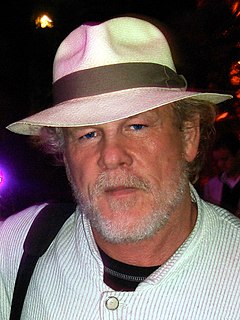A Quote by Grace Lee Boggs
I think at the time, my radicalization was not through growing up Chinese, but through the role that the black people were playing at the beginning of World War II, when they had started the "Double V for Victory" movement - for democracy at home as well as abroad.
Related Quotes
I think that most people don't think in terms of an American revolution, they think in terms of a Russian revolution, or even a Ukrainian revolution. But the idea of an American revolution does not occur to most people. And when I came down to the movement milieu seventy-five years ago, the black movement was just starting, and the war in Europe had brought into being the "Double V for Victory" [campaign]: the idea was that we ought to win democracy abroad with democracy at home. And that was the beginning of an American revolution, and most people don't recognize that.
I think of what's happening in Detroit as part of something that's much bigger. Most people think of the decline of the city as having to do with African-Americans and being in debt, and all the issues like crime and bad housing. But what happened is that when globalization took place, following World War II, Detroit's role as the center and the symbol of industrialization was destroyed. It wasn't because we had black citizens mainly or a black mayor; it was because the world was changing.
It's important to remember that World War II was experienced very much as a continuity in that sense. Most of World War II in most of Europe wasn't a war; it was an occupation. The war was at the beginning and the end, except in Germany and the Soviet Union, and even there really only at the end. So the rest of time it's an occupation, which in some ways was experienced as an extension of the interwar period. World War II was simply an extreme form, in a whole new key, of the disruption of normal life that began in 1914.
I think in many ways, the Spanish Civil War was the first battle of World War II. After all, where else in the world at this point did you have Americans in uniform who were being bombed by Nazi planes four years before the U.S. entered World War II? Hitler and Mussolini jumped in on the side of Francisco Franco and his Spanish nationalists, sent them vast amounts of military aid, airplanes, tanks - and Mussolini sent 80,000 ground troops as well - because they wanted a sympathetic ally in power. So I think it really was the opening act of World War II.
The biggest thing I noticed growing up when I was doing BMX racing or playing rugby through to secondary school level, was seeing the parents who were so desperate to see their kids do well that they were almost living their lives through their kids and putting huge pressure on them to the point they weren't enjoying it.
My dad was a member of the Greatest Generation that achieved victory in World War II. This was the generation that saved the world from fascism, came home and built the great American middle class, led the way in the civil rights movement, protected our environment, and created great programs like Medicare.
However, there is a fundamental difference between the issue related to Japan's history and our negotiations with China. What is it all about? The Japanese issue resulted from World War II and is stipulated in the international instruments on the outcomes of World War II, while our discussions on border issues with our Chinese counterparts have nothing to do with World War II or any other military conflicts. This is the first, or rather, I should say, the second point.

































